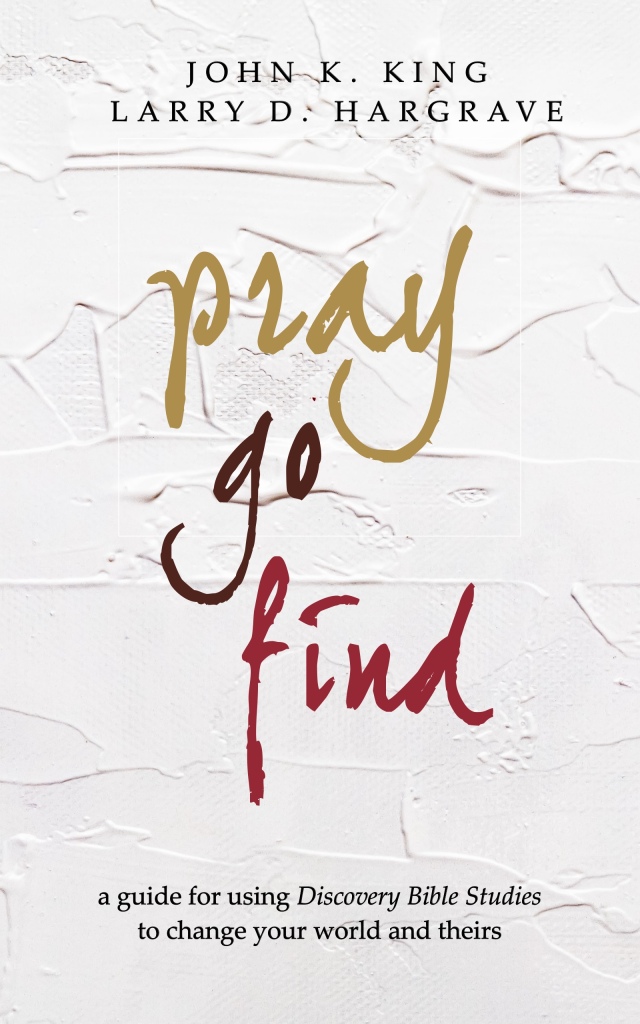That’s how a recent text message from my daughter began. She went on to write, “I knew you had talked about doing it, but I had no idea you had already done it.”
Here’s the reply I shared with her:
“That is another book that I am working on, which I have talked about. Larry Hargrave did most of the work on the completed one. He used major sections out of my blog and other writings of mine, so that is why it is complete. A group he networked with wanted a “training manual”, so Larry asked my permission.
I hadn’t really thought of making a post about it since it was written for that specific group. The Final Command Director of Communications found out about the new book and wrote about it in the monthly newsletter. A guy I am coaching read the newsletter and asked me, “When are you going to post about it on Facebook?” I figured maybe I ought to do that.
Sort of an odd way to become an author!”
Rachel, my daughter, followed up, “Hahahaha! That’s funny! Definitely something to post about!”
Obviously I did not become an author with any grand illusions of becoming wealthy by having a “best selling” book. Like many other things I have done, I was just trying to help a friend help some other people—people I only met via a Zoom teleconference.
Fame and fortune are not found via Disciple Making Movements. You really have to anticipate that most of the beneficiaries of Multiplication may never know your name. If you are looking for the limelight, you are likely to be sadly mistaken.
In case you are interested, here’s what the cover looks like:

You can buy it via Amazon. Larry Hargrave and I are listed as the authors, but Larry did the hard work behind getting it written and everything related to getting it published. Here’s the link for purchasing a copy:
If you get a copy and find it worthwhile please write a review and recommend it to other people. Our prayer is that it assists others to enter the exciting world of making disciples in the Jesus style of disciple making.